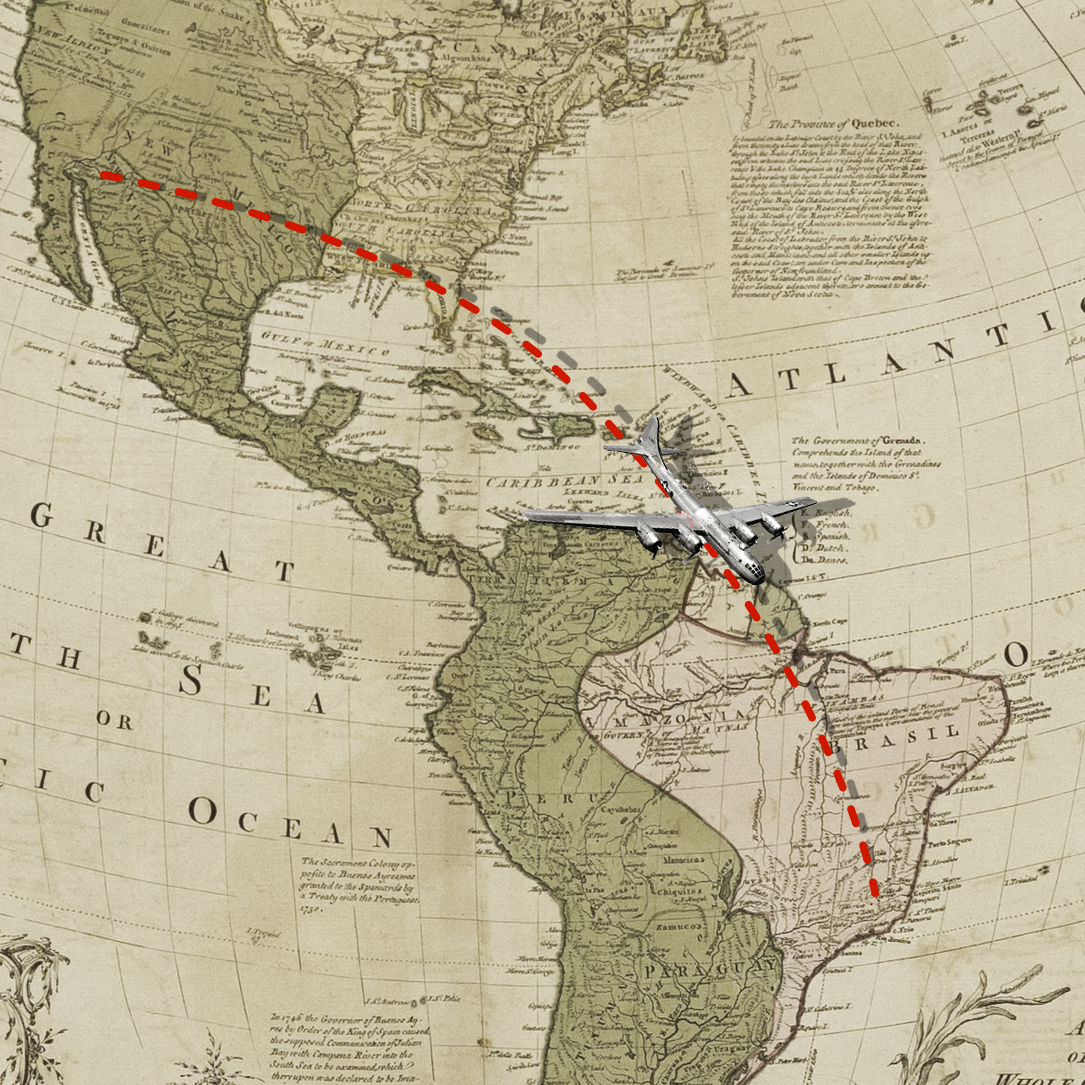Travel & Stay
International traveling can get expensive. So we are doing our best to cut the costs to our guests as much as possible so you can celebrate without worrying about breaking the bank.
Meet our Wedding Planner!
Bruna has been a wedding planner for over 10 years, and helped hundreds of couples of all backgrounds. We are so happy to have her in our corner.
Once you RSVP, she will reach out through email to get your flight information, help you to reserve your hotel room, and help you sign in to the shuttle and extra activities on Sunday.
The English speaking members of her team will also be in the airport to receive our guests and get them into the shuttle vans on Friday Morning.
Flights to Brazil
You're welcome to fly into Brazil any way that best fits your travel plans. We already know some people want to fly in earlier or leave later to make this weekend a bigger Brazil trip. However, we looked up the cheapest, most common flights from our guests’ major cities, and most flights arrive in the morning time at the Sao Paulo airport (GRU).
Because of this, we reserved our shuttle service including transportation from the airport on August 7th up to 1PM.
If you are planning on using our shuttles, please make sure that your final flight into SP arrives before 1PM on August 7th
For more info on the flight times and prices please click the button below.
Shuttles and Transportation
Please be aware that the International Airport of Guarulhos (GRU), the nearest international airport, is approximately a 2.5-hour drive from the hotel.
We got a great shuttle service that our guests can hire to drive them around throughout the weekend. For those who want to add the shuttle to the hotel package, tell our wedding planner Bruna when she reaches out after RSVPing. She will guide you through the reservation and payment.
The same shuttles will drive us to and from the wedding, reception, and our Sunday beach trip.
If you plan on renting a car, just let Bruna know so we can make sure everyone has a plan for moving around. And if you are driving yourself throughout the weekend, you can also find some info on car rental companies, driving in Brazil, and our airport shuttle times, with the button below.
Our Hotel and the Downtown Area
We are staying at the Olavo Bilac Hotel. One of the best rated hotels in town, it is located in downtown Taubaté, only a 10 minute walk from bars, shops, and the church where we will be getting married. Of course you are welcomed to stay in other hotels, but all shuttles to the Reception, Beach Trip and Airport will leave from this hotel, so just make sure to plan accordingly.
We got special discounted prices for our guests staying at Olavo Bilac. You can see the prices and start your reservation directly with the hotel, as well as seeing recommendations for food and points of interest in the area, by clicking the button below.
Our Sunday Ubatuba Getaway
For those wanting to checkout a Brazilian beach, we organized a trip to the beach town of Ubatuba on the Sunday after the wedding.
We’ll leave early morning on Sunday. You can choose to stay at the beach or join us on a boat ride stopping at the islands around Ubatuba.
If you would like to add the trip to your hotel package let us know once we reach out after your RSVP.


